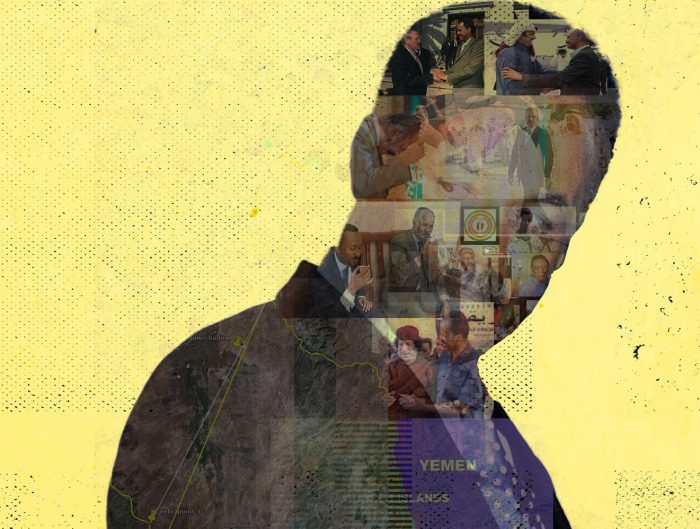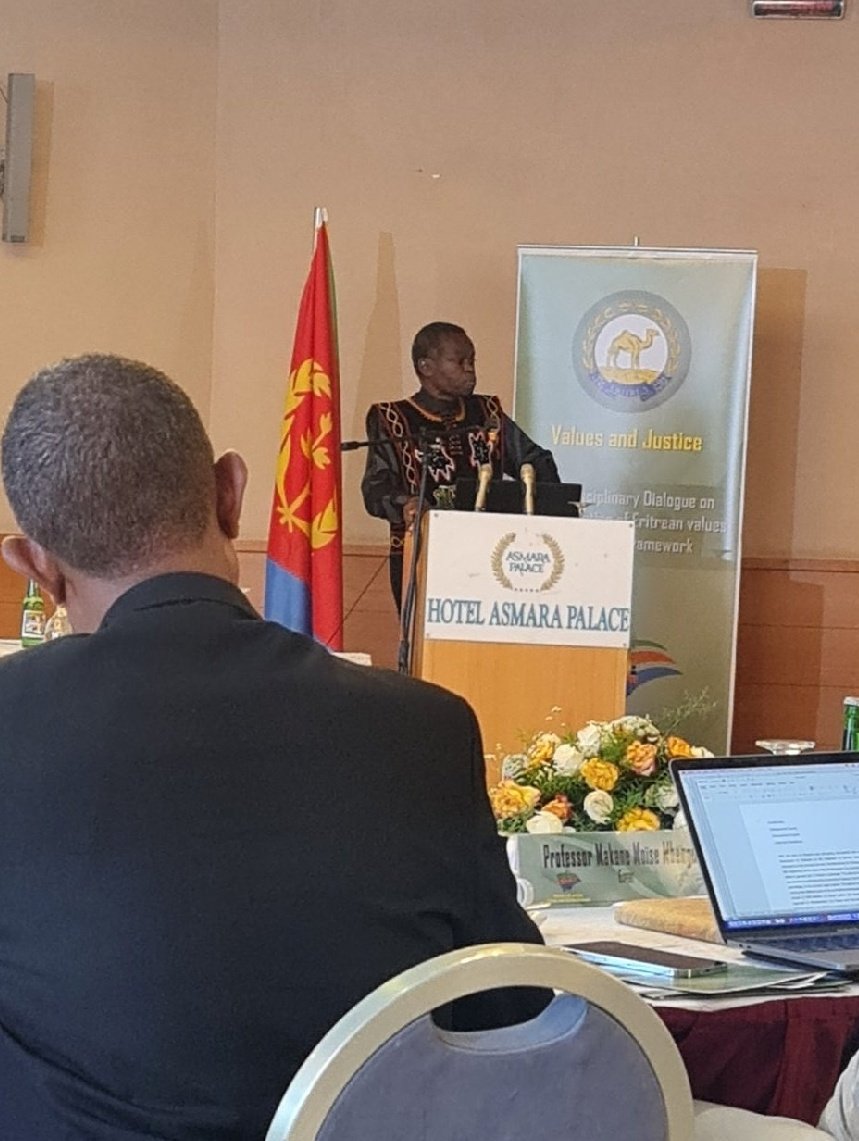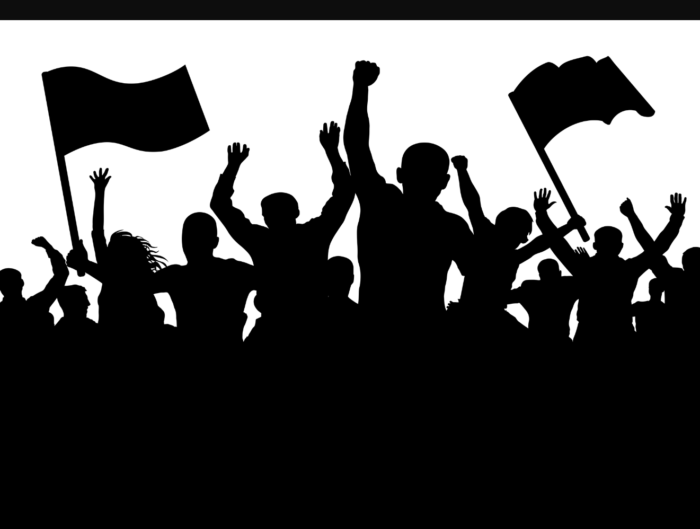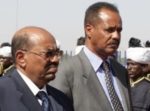…when self-reliance is no more than a call for no witnesses
When Sudan’s Islamist party assumed power, it had a message of “self reliance” and a catchy slogan: na’kul min ma nazra’e: nalbas min ma nasnaE. We shall eat what we sow; we shall wear what we manufacture.
That was in 1989, thirty years ago. During this inglorious time, the government of Omar Al Bashir has mired his country in multiple civil wars; accelerated the secession of oil-rich South Sudan; got his country sanctioned; got himself and his henchmen indicted for war crimes and sought by the International Criminal Court; had multiple ally-opponent switch with leaders of Eritrea and Egypt; switched alliances multiple times with Iran, Saudi Arabia, Qatar, Emirates, Turkey; has soldiers dying in Yemen in a war not Sudan’s….
That’s some “self-reliance”
Sudan is the first country in Sub-Saharan African to be decolonized; it got its independence a year before Africa’s elder state, Ghana. (Calm down, Liberia and Ethiopia: your cases are special.) In the last 30 years, while Ghana has managed a relatively decent multi-party election, and grown an economy, Sudan has distinguished itself by:
- its inflation rate, estimated at 61% (vs 6% in Ghana)
- its youth unemployment rate, estimated at 27% ( vs 7% in Ghana)
- its infant mortality, estimated at 47 per 1,000 live births (vs 35 in Ghana)
- its anemic GDP growth or, often, decline (vs 3% to 9% in Ghana)
- its destruction of University of Khartoum, which once used to have automatic transfer to Oxford and Cambridge Universities
In short, in the UN’s Human Development Index (HDI), considered by many to be the most authoritative indicator of a people’s quality of life, Sudan is ranked 167 whereas Ghana is ranked 140. Oh, yeah, the other spokesperson for self-reliance, Eritrea, is ranked 179, beating only 10 war-torn countries whereas the don of all “self-reliant” states, North Korea, is too closed to be ranked.
What “self-reliance” ends up meaning is to create a dysfunctional state whose “political apparatus” only the strongman can run, as Alex de Waal wrote. This in turn paralyzes people into a question they can’t answer, “we know he is terrible, but what will happen if he is gone?” The people become accomplices to their own victimization. And this goes on year after year, with change (political reform, economic reform) promised to be right around the corner.
While the “Arab Spring” has taught us not to celebrate prematurely, it appears that the people’s revolt in Sudan is sustainable–it has expanded outside the capital to points beyond including, as of yesterday, Port Sudan. The reason to be optimistic is that unlike in Egypt, where the people’s uprising was hijacked by the Muslim Brotherhood, in Sudan the people’s uprising is against a regime which bills itself as part of the Muslim Brotherhood movement.
Maybe this is the “Nile Spring”: with the most populous country in our region, Ethiopia, having embarked on dazzling reforms that were unthinkable this time last year; maybe its fellow Nile neighbor will also have the courage to do so?
What about us, Eritreans? Since this is the season to beat ourselves up for allowing ourselves to be a abused by a tyrant, maybe it is good to remind ourselves that as terrible as Omar Al Beshir is, he is not as terrible as our ogre. Because:
- Even if feeble, Sudan has an opposition party; Eritrea does not.
- Even if weak, Sudan has an opposition radio (Radio Dabanga); Eritrea does not.
- Even if not as many as the country deserves, Sudan has many journalists working for international news organizations; Eritrea does not;
- Its Diaspora escaped Omar Al Beshir’s and his predecessors; many of Eritrea’s Diaspora escaped Ethiopian (not Eritrean) government
For years, whenever the Sudanese heard the useless government propaganda of “we eat what we sow, we wear what we manufacture”, they used to reply, “we laugh by what you say.” Now, it appears they are saying, “we fight back what we detest.”





Leave A Reply